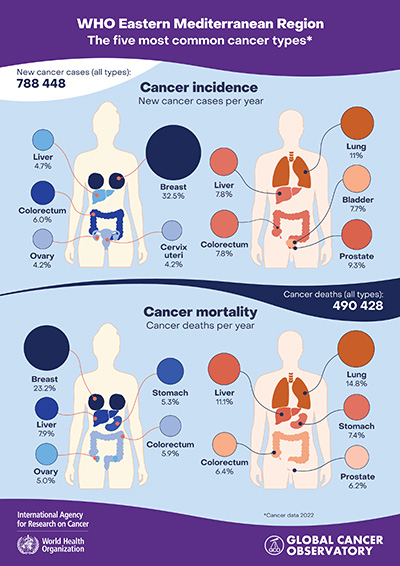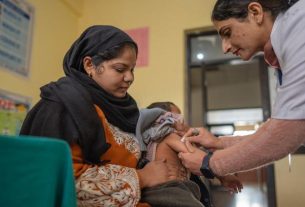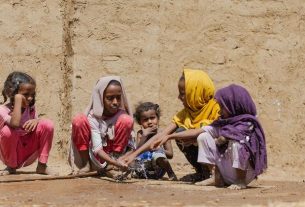Cancer is a major contributor to global mortality, causing about 1 in every 6 deaths and affecting nearly every household (1). Globally, there were an estimated 20 million new cases of cancer and 9.7 million deaths from cancer in 2022. The cancer burden will increase by about 77% by 2050, further straining health systems, people and communities (2).
In the WHO Eastern Mediterranean Region alone, more than 788 000 people were diagnosed with cancer in 2022. This number is projected to double to reach 1.57 million cases by 2045, because of population growth and, more importantly, the high prevalence of cancer risk factors in the Region – such as tobacco use, obesity/overweight, physical inactivity, unhealthy diets and air pollution (1,2).
Cancer can also develop as a result of some infections, including hepatitis B and C (which affect the liver) or human papillomavirus (HPV, which affects the uterus). These infections are still very much present in the Eastern Mediterranean Region, even though hepatitis B and HPV can be easily prevented through vaccination.
Globally, the most common cancers are breast, lung, colon and rectum, and prostate cancer. In 2020, breast cancer was the most prevalent cancer globally, while lung cancer led to the highest number of deaths (3).
Cancer is not only catastrophic to individual health and well-being but also a significant challenge for families and societies at large. Cancer has a significant economic cost to the health system, as well as to the wider economy through reduced productivity in the labour market, because it causes the premature death of people still in their productive years. This dramatically hinders sustainable development.
Yet, each of us can make changes to reduce our risk of developing the disease, since most risk factors for cancer are modifiable. Indeed, it has been shown that up to 50% of cancers can be prevented (1). You should refrain from smoking or using tobacco products, reduce your consumption of high-calorie and processed foods, eat more fruits and vegetables, engage in regular physical activity, and keep up with your recommended vaccinations. These are some of the most effective behaviours to prevent cancer.
When detected and treated at an early stage, cancer can often be cured completely. Although most cancers do not present symptoms in the early stages of the disease, some diagnostic tests (screening techniques) are sensitive enough to detect cancer even when it is invisible. This both reduces the burden of dealing with a late-stage presentation and can support successful treatment.
Mammography (for breast cancer), colonoscopy (colorectal cancer) and Papanicolaou (Pap) smear (cervical cancer) are the most common and effective screening tests. Ask your family doctor for more details about your screening options.
On World Cancer Day 2024, let’s remember that we can make simple lifestyle changes, stay informed about screening, and support each other to fight cancer and build a healthier future for all.
[1] Cancer fact sheet.
World Health Organization; 2022.
[2] Cancer Tomorrow tool.
International Agency for Research on Cancer.
[3] Estimated number of deaths in 2022, World, both sexes, all ages.
Cancer Today website. International Agency for Research on Cancer.



